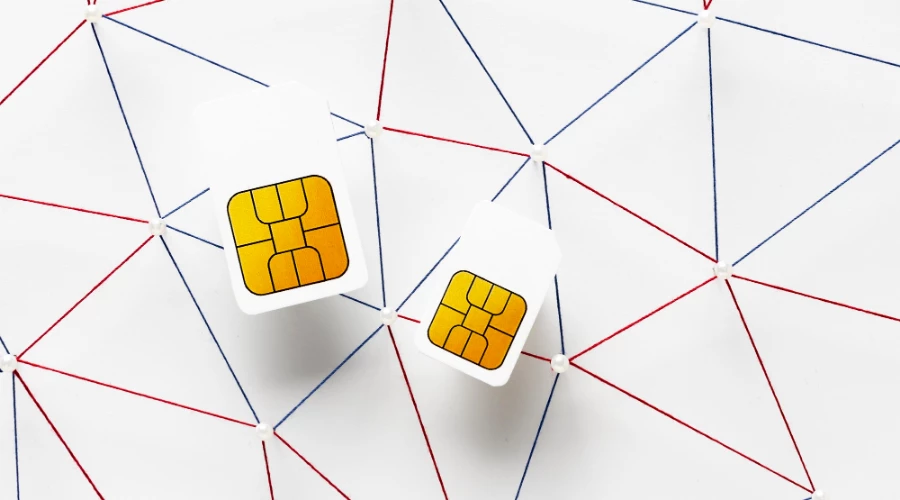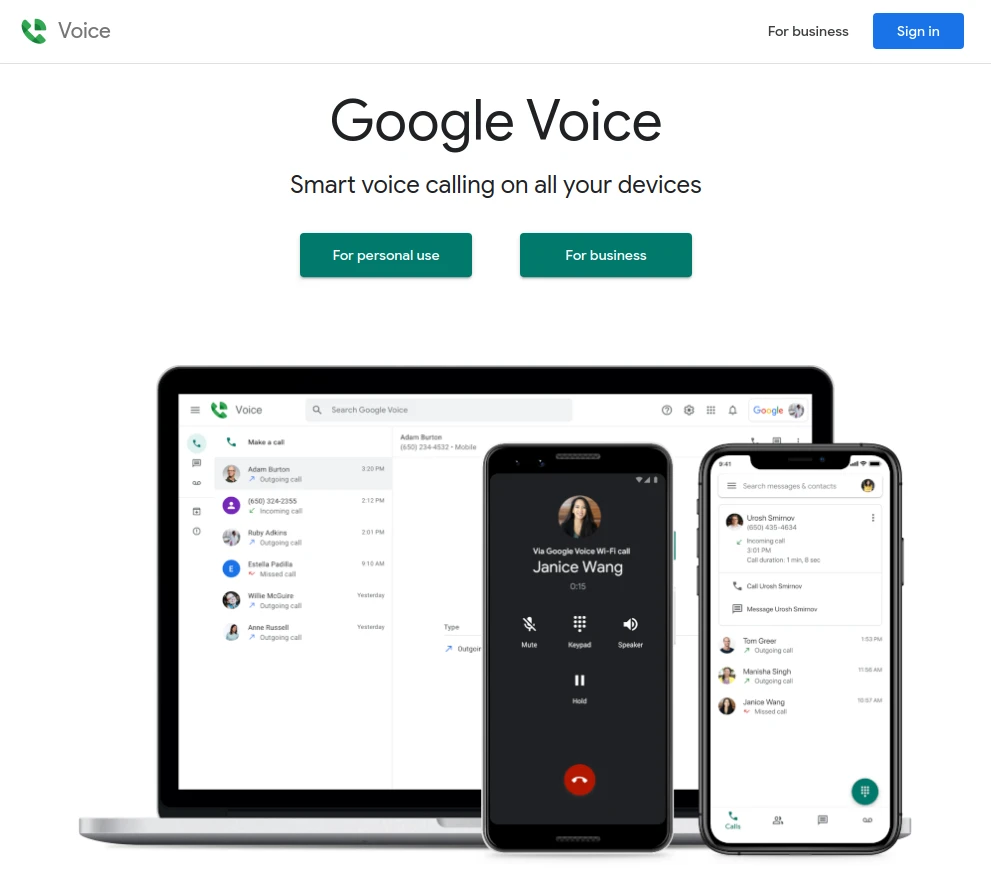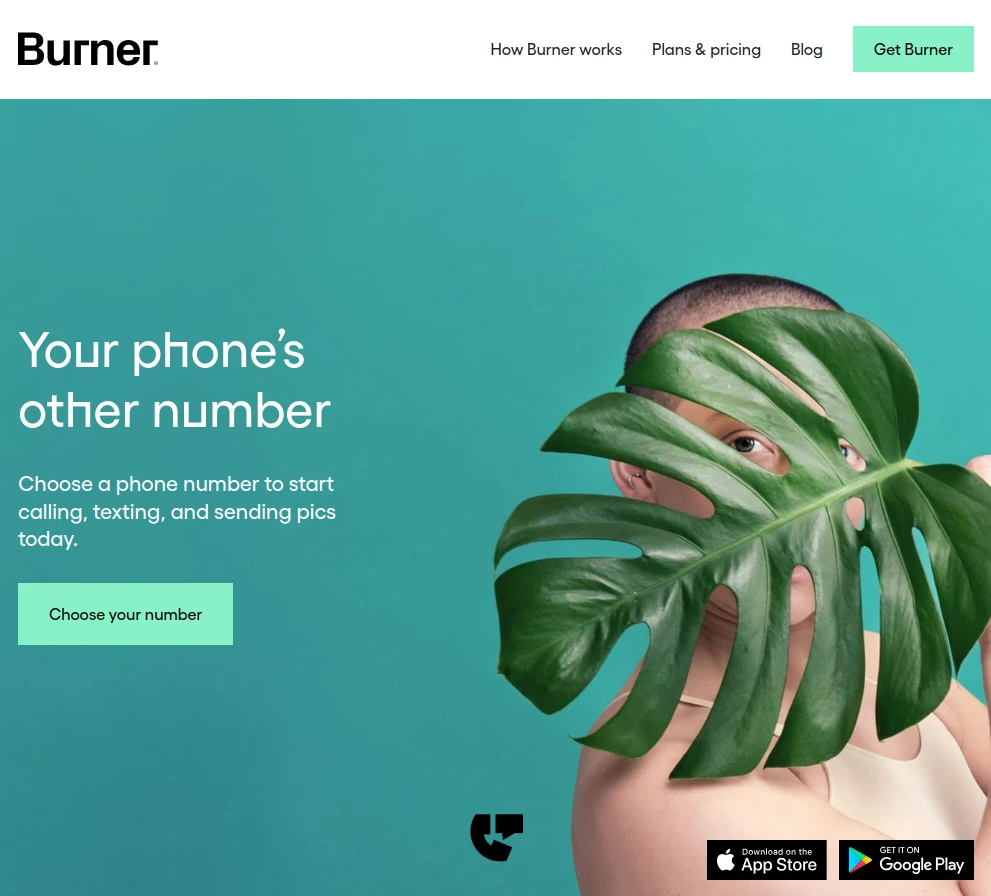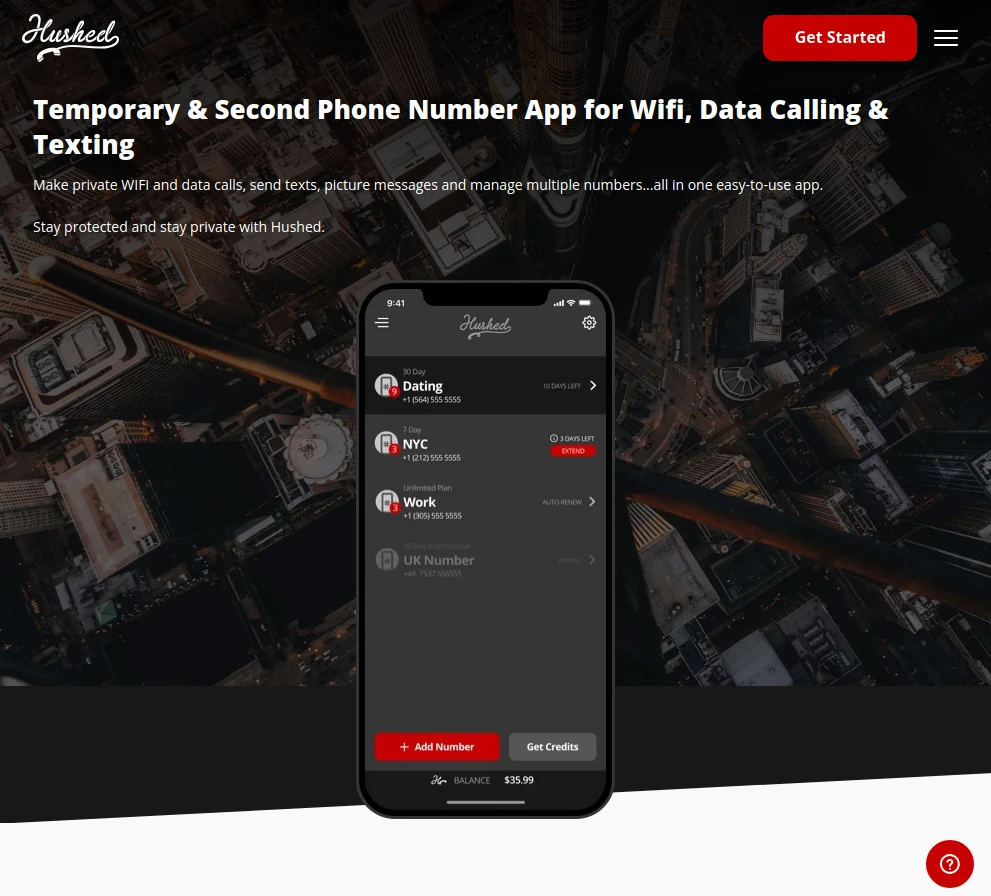Random Phone Number

Random and Temporary Phone Numbers Explained
Have you ever found yourself needing to sign up for a new online service but hesitated to give out your real phone number? In our digital age, protecting personal information has become a top priority for many. Whether it's to avoid unwanted calls and messages or to maintain privacy, the need for an alternative solution is clear. This is where the concepts of random phone numbers and temporary phone numbers come into play, offering a layer of security for those cautious about sharing their personal details online.
Random and temporary phone numbers serve as a shield, allowing individuals to engage in various online activities without compromising their real contact information. From signing up for trial services to selling items online, these numbers provide a flexible and secure way to communicate. This article will explore the ins and outs of these unique phone numbers, shedding light on their benefits, uses, and how they contribute to our online privacy and security.
What Are Random Phone Numbers?
Random phone numbers are exactly what they sound like: phone numbers generated randomly that aren't tied to a specific phone line or device. Unlike traditional phone numbers, which are assigned by telecom operators and linked to a particular SIM card or phone, random numbers are created by software and can be used for a variety of temporary or anonymous communication needs. These numbers are incredibly versatile, providing a way for individuals to make calls, send texts, or verify accounts without revealing their personal information.
The beauty of random phone numbers lies in their ability to act as a buffer between the user's real identity and the online world. People often use them in situations where privacy is a concern or when they wish to avoid giving out their real number. For instance, when selling items on online marketplaces, engaging in online dating, or signing up for services that require a phone verification, a random phone number can serve as a temporary contact point. This not only helps in maintaining privacy but also significantly reduces the risk of personal phone numbers being shared with unknown parties or used for spam.
What Are Temporary Phone Numbers?
Temporary phone numbers, also known as disposable phone numbers, are short-term, throwaway numbers that you can use for a limited time before discarding them. These numbers are ideal for one-time verifications, online sign-ups, or any situation where you need a phone number just briefly without committing to a long-term connection. Temporary phone numbers work like regular phone numbers, allowing you to receive calls and texts, but they're designed to be used once and then thrown away, much like a temporary email address.
The main appeal of temporary phone numbers is their role in safeguarding your privacy. They're a go-to choice for avoiding spam from websites that require a phone number for account verification or when you're hesitant to share your real number with people you don't know well. After you're done using a temporary number, you can simply let it expire or delete it, ensuring that your personal information remains secure. This temporary nature makes these numbers an invaluable tool for managing your digital footprint and keeping your primary phone number free from unwanted calls and messages.
Benefits and Uses
Random and temporary phone numbers offer several benefits and can be used in a wide range of situations. Here are some key advantages and examples of how they can be utilized:
Privacy Protection
- Online Dating: Use a temporary number when setting up profiles on dating apps to keep your personal number private until you trust the person you're talking to.
- Social Media: Sign up for new accounts without linking your main phone number, keeping your online activities separate from your personal life.
Avoiding Spam and Unwanted Calls
- Online Marketplaces: Provide a temporary number when selling items on platforms like Craigslist or eBay to avoid spam from potential buyers.
- Sign-ups and Subscriptions: Use a random number for trial subscriptions to services or newsletters, preventing your primary number from being bombarded with promotional calls and texts.
Testing and Development
- App Developers: Test SMS verification features in apps without using personal numbers, ensuring functionality without compromising privacy.
- Marketing Professionals: Use different numbers to track the effectiveness of various ad campaigns in real-time without mixing personal and work communications.
Temporary Communications
- Travel: Get a temporary local number when traveling to avoid high roaming charges and maintain a local presence.
- Short-term Projects: Use a temporary number for communication in short-term projects or freelance gigs to keep work and personal life separate.
Safety and Security
- Emergency Use: In situations where a temporary number might be needed for safety reasons, like when you're in an unfamiliar place and need to communicate without revealing your real number.
- Anonymous Reporting: Report issues or tips to authorities or organizations anonymously, ensuring your personal safety and privacy.
Using random and temporary phone numbers in these scenarios can significantly enhance your privacy, security, and convenience in the digital world.
How to Get Them
A straightforward method is to obtain a temporary phone number is by purchasing a prepaid SIM card from a store. This option is widely available and offers a high level of anonymity and privacy. Here's how it works:
Buying a Prepaid SIM Card
- Visit a Local Store: You can find prepaid SIM cards at various outlets, including electronics stores, supermarkets, and sometimes even at kiosks in airports or train stations.
- Choose a Plan: Prepaid SIM cards come with different plans based on your needs, such as a certain amount of call minutes, texts, and data. Select the one that suits your temporary needs the best.
- Activate the SIM: Once purchased, you'll need to follow the instructions provided with the SIM card to activate it. This usually involves inserting the SIM into a phone and following a simple activation process, which might include calling a specific number or setting it up via an online platform.
- Start Using Your New Number: After activation, you'll have a new, temporary phone number that you can use for calls, texts, and data, depending on the plan you've chosen.
Advantages of Prepaid SIM Cards
- Anonymity: Since you're buying the SIM card in person and paying with cash, there's often no need to provide personal information, offering a high level of privacy.
- Ease of Use: Prepaid SIM cards are easy to obtain and activate, making them a quick solution for anyone needing a temporary number.
- Wide Availability: You can find prepaid SIM cards in many countries, making them a convenient option for travelers who need a local number to avoid roaming charges.
Purchasing a prepaid SIM card is a simple and effective way to get a temporary phone number, especially for those who prefer a physical solution or need a number for a short period, such as during travel or for a specific project.
Another easy way to get a random or temporary phone number is to use a variety of apps and services designed for this purpose. Here's how you can obtain one, along with examples of popular platforms:
Step-by-Step Process
- Choose a Service: Start by selecting an app or online service that offers random or temporary phone numbers. Consider factors like cost, number availability in different regions, and additional features.
- Download the App or Visit the Website: For mobile apps, download them from your device's app store. For web-based services, visit their official website.
- Sign Up/Register: Create an account if required. Some services might allow you to use them without a full account setup.
- Select Your Number: Choose a number from the list of available options. Some services allow you to pick a number based on country and area code.
- Set Up and Use: Follow the instructions to set up your new number. Once activated, you can start using it to make calls, send texts, or for verification purposes.
Example Apps and Services
Google Voice
Offers a free phone number that can be used for calls, texts, and voicemails. It's integrated with your Google account, making it a convenient option for many users.

Burner
Provides temporary phone numbers that can be "burned" or disposed of after use. It's great for short-term tasks like online selling or dating.

Hushed
Similar to Burner, Hushed offers disposable numbers with a focus on privacy and anonymity. It's useful for temporary or anonymous communications.

Risks and Considerations
While random and temporary phone numbers offer many benefits, it's important to be aware of some risks and considerations before using them:
Risk of Losing Access
Since these numbers are meant for short-term use, relying on them for accounts or services you plan to use long-term can be risky. If the number expires or you dispose of it, you could lose access to your account, especially if it requires phone verification for recovery or security checks.
Legal and Ethical Use
It's crucial to use these numbers responsibly. Engaging in illegal or unethical activities using temporary or random numbers can still lead to legal consequences. These numbers are meant to protect privacy, not to facilitate activities that are against the law.
Dependence and Overuse
Relying too heavily on these numbers can complicate your digital life. It might become challenging to manage multiple numbers or remember which number was used for what purpose, leading to potential confusion or missed communications.
Privacy Concerns
Consider how the service providers of these numbers handle your data. Read their privacy policies to understand what information they collect and how it's used or shared.
Service Limitations
Some temporary or random number services may have limitations, such as the inability to receive calls or texts from certain countries, or restrictions on use for verification purposes by some online platforms.
Being aware of these risks and considerations is key to using random and temporary phone numbers effectively and responsibly. Always weigh the pros and cons based on your specific needs and use cases.
In summary, random and temporary phone numbers are valuable tools for enhancing privacy and security in our digital lives. They serve as a protective layer, allowing us to engage in various online activities without compromising our personal information. Whether it's for online marketplaces, dating, signing up for services, or simply maintaining a separation between our public and private lives, these numbers offer flexibility and peace of mind.
However, it's crucial to use these numbers responsibly, keeping in mind their temporary nature and the potential risks involved. They are not suitable for long-term services that require stable, permanent contact information. Additionally, while they provide a layer of anonymity, this should not be exploited for illicit activities, as it goes against legal and ethical standards.
By understanding the proper use cases, benefits, and limitations of random and temporary phone numbers, we can make informed decisions that protect our privacy without sacrificing convenience or integrity. Let's embrace these tools for their intended purpose—to safeguard our personal space in the vast and often intrusive digital world.




